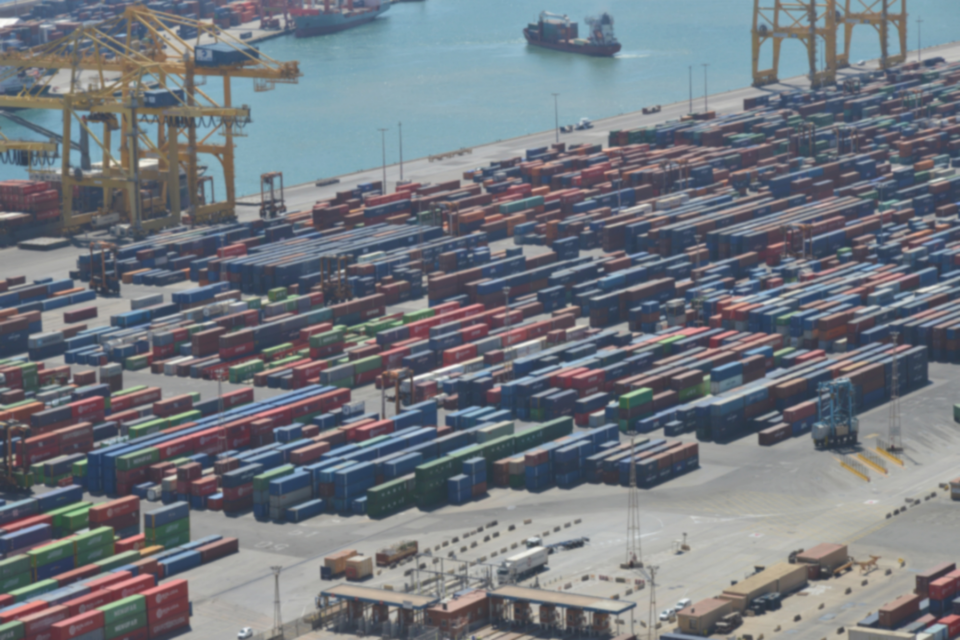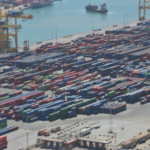Tackling the Tricky Nature of Tariffs

Tariffs have dominated business headlines—and for good reason. The current wave of tariffs is creating significant uncertainty, especially for small businesses trying to stay afloat. Fortunately, the U.S. Chamber has assembled a helpful Q&A and resource guide to help you navigate these choppy waters.
Q. Which tariffs have been paused?
-
Only the so-called “reciprocal” tariffs above 10% have been paused. The 10% tariff remains in place and continues to impact many industries. We’re now facing some of the highest tariff rates in recent U.S. history, resulting in the largest tax hike in over 50 years.
Q. Which industries or commodities will experience the most significant disruptions due to the tariffs?
-
Advanced manufacturing sectors like aerospace, medtech, and automotive rely heavily on global supply chains and will face long-term disruptions. Even industries that source locally—like windows or cement—will feel the pinch. Small businesses, especially those relying on imported parts, will see shrinking margins and rising costs.
Q. How do we know if goods imported from Canada or Mexico qualify for duty-free treatment under USMCA?
-
It depends. Some goods—like Oregon timber—are clearly North American. Others, such as automobiles, must meet complex rules of origin. Some products require “substantial transformation” to qualify. For specifics, businesses should consult a trade attorney or customs broker.
Q. Are containers on the water right now subject to tariffs when they arrive at the port?
-
Goods “on the water” before the effective date of the tariffs are generally exempt, provided they were loaded and in final transit before the deadline.
Q. Our products normally are exempt from import duties. Will these products be exempt from the new tariffs?
-
In most cases, no. Although about half of imported goods were tariff-free at the start of the year, these new measures allow for very few exemptions—mostly limited to semiconductors, pharmaceuticals, lumber, and some energy and mineral products.
Q. Do you anticipate any further small business exemptions or reimbursements?
-
Unlikely. The administration has said there’s no formal exemption process. While some earlier comments suggested flexibility, an April 13 post by President Trump confirmed that no exemption process would be created.
Q. What is the U.S. Chamber doing in Washington to address the impact of tariffs? How can local Chambers help support this advocacy?
-
The U.S. Chamber is actively lobbying the administration and Congress to reconsider broad-based tariffs. They’re also collecting and sharing stories from small businesses to demonstrate the real-world impact. Local Chambers can amplify this by helping members share their experiences and by staying engaged in advocacy efforts.
If your business is feeling the heat from tariffs, don’t go it alone—check out the U.S. Chamber’s full resource guide for more insight and support.


